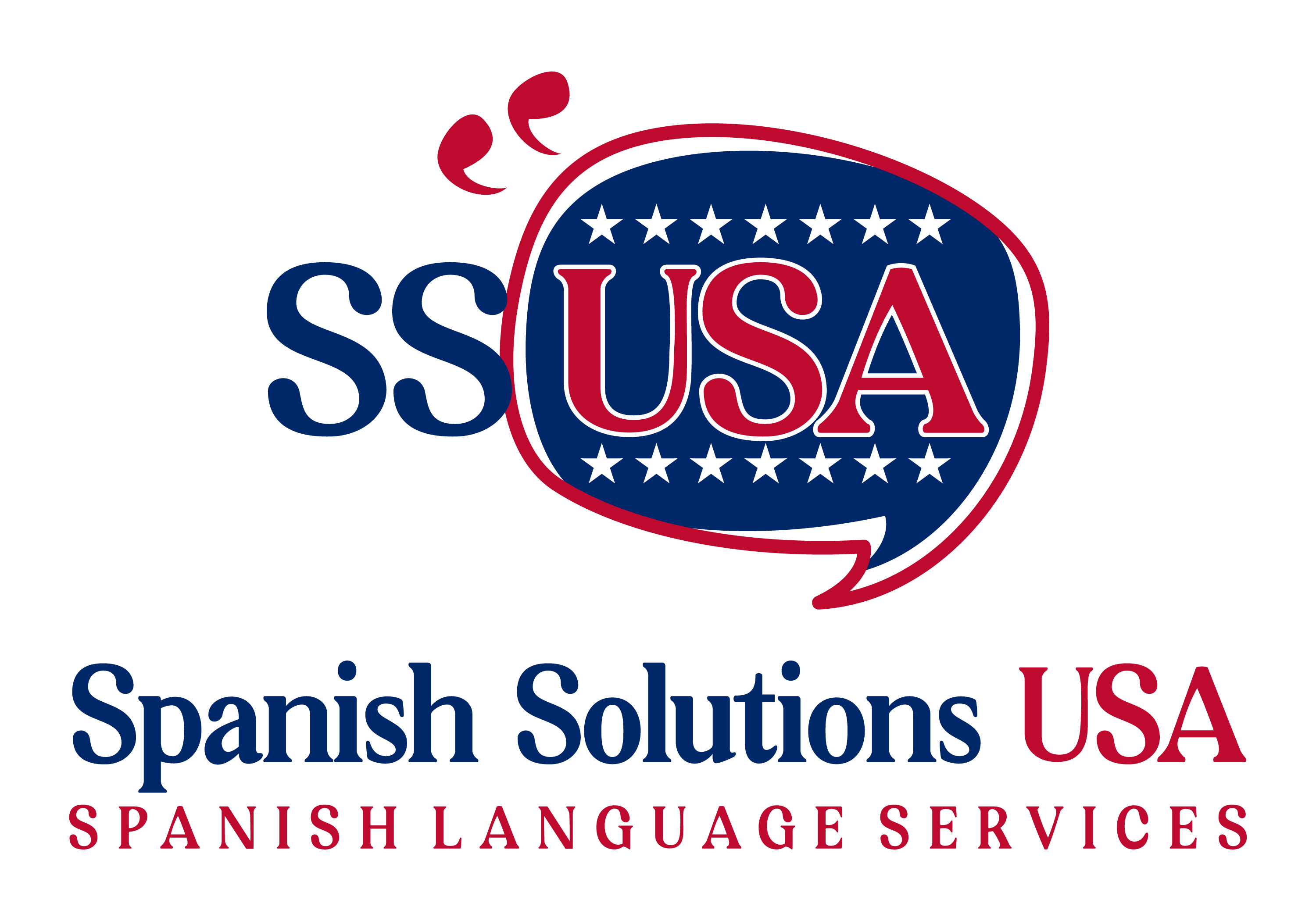Being an interpreter is a multifaceted role that demands a wide range of abilities and expertise. It surpasses the mere act of being bilingual. To excel in this profession, one must possess a deep understanding of language and communication nuances, along with several other crucial skills.
First and foremost, interpreters need to be well-versed in the specific terminology and jargon related to the subject matter they are working with. Whether it’s legal, medical, technical, or any other field, they must have a comprehensive grasp of the specialized vocabulary and expressions used in those contexts. Accurate translation of such terminology is essential to ensure effective communication.
Concentration is another vital attribute for interpreters. They must maintain a high level of focus and attentiveness during their work, as even a momentary lapse in concentration can lead to errors in interpretation. This heightened concentration allows them to capture the speaker’s intent and convey it accurately in the target language.
Taking precise and organized notes is a skill that cannot be underestimated. Interpreters often rely on their notes to aid in the interpretation process, especially during lengthy or complex discussions. Effective notetaking helps them remember key points, ensuring that nothing is missed during the interpretation.
In addition to these specific skills, interpreters must also possess cultural awareness and sensitivity. Understanding the cultural nuances and subtleties that can affect communication is crucial. They need to adapt to the cultural norms and expectations of both the source and target languages, ensuring that their interpretations are culturally appropriate.
Furthermore, interpreters must have excellent communication skills, as they act as the bridge between individuals who do not share a common language. They should convey not only the words but also the emotions and intentions behind them, preserving the integrity of the message.
In summary, being an interpreter entails much more than linguistic proficiency. It demands a combination of linguistic knowledge, cultural sensitivity, strong concentration, and effective communication skills. These attributes collectively enable interpreters to facilitate meaningful and accurate communication across language barriers in various professional fields.


